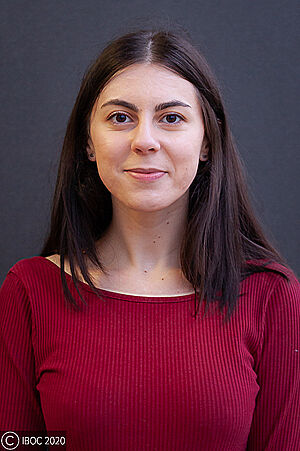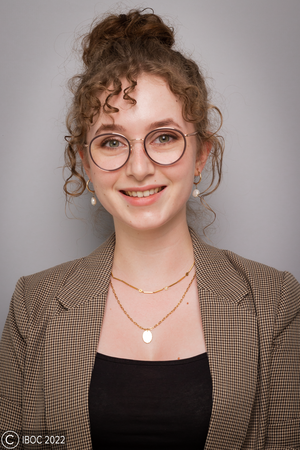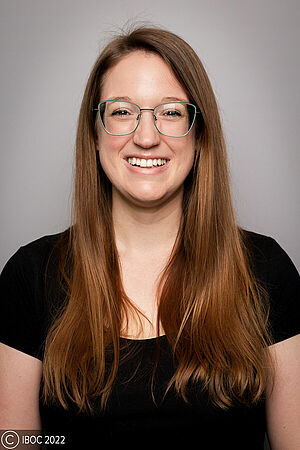Bio-, Semi- and Mutasynthesis

Biosynthesis is the oldest and simplest way to produce natural products, as the required precursors and enzymes as well as their cofactors or coenzymes are provided by the organism itself. The presence of all required components within the host is the great advantage of biosynthesis and enables the bioeconomic production of natural products. However, the generation of derivatives of the natural substance cannot be realised by applying pure biosynthesis. Semisynthesis therefore combines biosynthesis with methods from organic chemistry. Subsequent to biosynthesis, the extracted natural substance is chemically modified, which allows access to a wide range of derivatives. In most cases, complex natural substances or precursors are used as the basic structure and these are refined into bioactive natural substances. Mutational biosynthesis also combines the advantages of biosynthesis with those of classical chemical synthesis. If the entire biosynthetic pathway of the natural substance is understood, the biosynthesis can be interrupted at a defined stage, so that the production of the natural substance is initially stopped. By feeding unnatural analogues of the precursor (mutasynthones) to the mutasynthesis strain, the production of natural substance derivatives is feasible. At IBOC, the bioactive natural substance prodigiosin has already been successfully produced biosynthetically and, in addition, the generation of diverse derivatives has been made possible through the use of mutasynthesis.
Selected Publications








